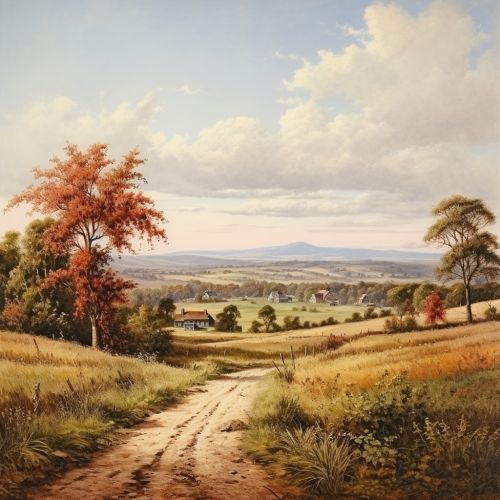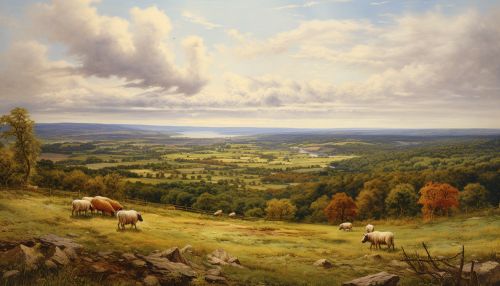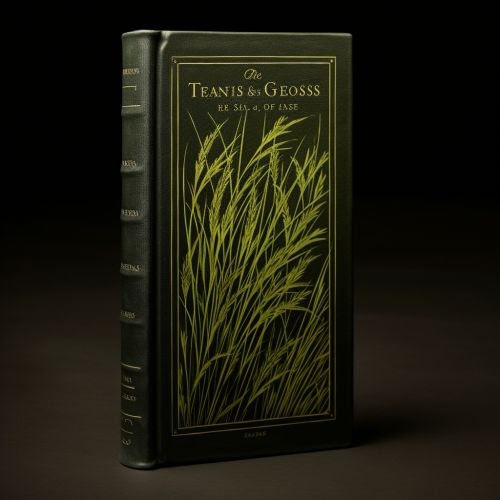Walt Whitman
Early Life
Walt Whitman was born on May 31, 1819, in West Hills, New York. His parents, Walter Whitman Sr. and Louisa Van Velsor, were farmers, and Walt was the second of nine children. His father was a stern and sometimes hot-tempered man, particularly with Walt, the oldest son. Walt's mother, on the other hand, was the opposite: tender and nurturing. She had a profound influence on Walt and was one of his greatest sources of inspiration.


Education
Whitman's formal education was limited. He attended public school in Brooklyn until the age of eleven. After that, he worked as an office boy for a Brooklyn-based lawyer and then as an apprentice and journeyman printer. Despite his limited formal education, Whitman was an avid reader and self-taught scholar. He was particularly influenced by the works of Homer, Dante, Shakespeare, and the Bible.
Career as a Journalist
In the early 1840s, Whitman turned to journalism as a full-time career. He founded a weekly newspaper, Long-Islander, and later edited a number of Brooklyn and New York papers. Whitman was known for his innovative style of journalism, often focusing on local stories and human interest pieces. He was also a vocal advocate for workers' rights and democratic ideals.
Leaves of Grass
In 1855, Whitman self-published his collection of poems, Leaves of Grass. The book was highly controversial due to its overt sexuality and unconventional style of poetry, which was vastly different from the rhymed, metered verse of his contemporaries. Despite this, Leaves of Grass is considered one of the most significant works in American literature. It was during this period that Whitman adopted the now iconic image of the bardic poet, taking inspiration from Ralph Waldo Emerson and the Transcendentalist movement.


Civil War Years
During the American Civil War, Whitman volunteered as a nurse in the army hospitals. He was deeply affected by the suffering and death he witnessed, which profoundly influenced his later work. His experiences during the war were captured in his poetry collection Drum-Taps, which includes one of his most famous poems, "O Captain! My Captain!", a tribute to President Abraham Lincoln.
Later Life and Death
In his later years, Whitman suffered from numerous health issues, including a stroke in 1873 that left him partially paralyzed. Despite his health problems, he continued to write and publish, producing several more editions of Leaves of Grass. Whitman died on March 26, 1892, in Camden, New Jersey. His death was widely mourned, and he is remembered as one of America's most influential poets.
Legacy
Whitman's legacy is vast and varied. His innovative style of free verse had a significant impact on subsequent generations of poets, including Ezra Pound, T.S. Eliot, and Allen Ginsberg. His themes of democracy, sexuality, and individualism continue to resonate with readers today, and his work is widely studied in schools and universities around the world.
